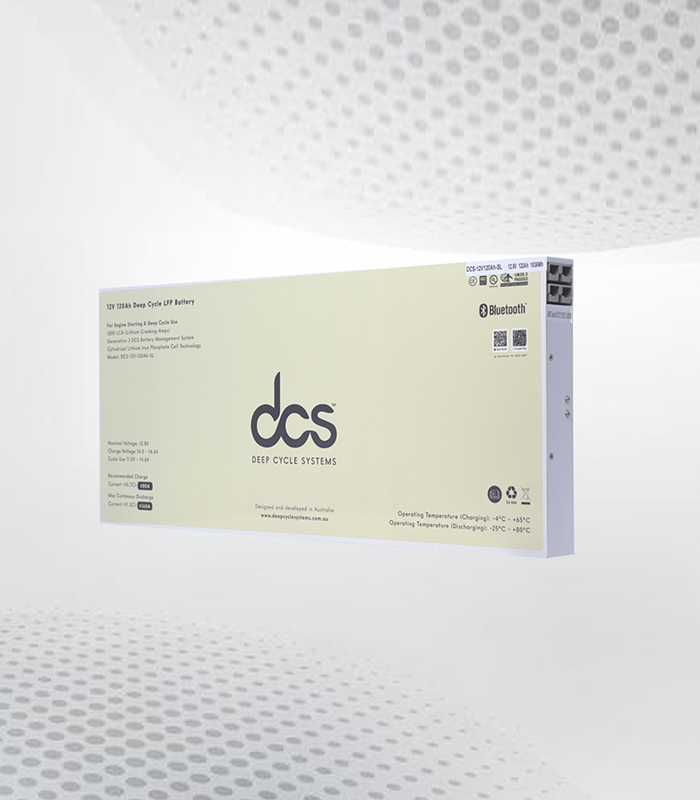1. Understanding WHMCS Themes: Tailored for Web Hosting Management
WHMCS (Web Host Manager Complete Solution) themes are specifically designed to integrate with WHMCS’s robust platform for managing web hosting services. These themes are crafted to provide a seamless experience for both administrators and clients, focusing on functionality and efficiency in web hosting management.
- Purpose-Built for Hosting Management: WHMCS themes are engineered to work in tandem with the WHMCS platform, which is used for billing, client management, and support. These themes often include built-in functionalities such as automated billing, ticketing systems, and client portals. They are ideal for businesses that need a comprehensive solution for managing their hosting operations.
- Customizable Admin and Client Interfaces: WHMCS themes offer extensive customization options for both the administrative backend and client-facing interfaces. This allows hosting providers to tailor the look and functionality of their WHMCS setup to align with their brand’s identity and improve user experience.
- Enhanced Functionality: Features such as automated provisioning, detailed reporting, and integrated support systems are standard in WHMCS themes. These elements streamline operations and provide a cohesive experience for managing customer interactions and transactions.
2. Exploring WordPress Hosting Themes: Flexibility and Design
WordPress hosting themes cater to users who want to leverage WordPress’s flexibility and ease of use for their hosting websites. These themes are versatile and can be used to create various types of hosting-related sites, from service pages to blog-centric hosting providers.
- Ease of Use: WordPress themes are renowned for their user-friendly setup and customization. With intuitive interfaces and a range of drag-and-drop page builders, users can create visually appealing and functional websites without needing extensive technical skills.
- Design Flexibility: WordPress hosting themes offer a broad spectrum of design options, from sleek, modern layouts to more traditional styles. Users can choose themes that match their branding and aesthetic preferences, and easily adjust colors, fonts, and layout components.
- Plugin Integration: One of the significant advantages of WordPress is its extensive plugin ecosystem. WordPress hosting themes support a wide variety of plugins that can extend functionality, such as SEO tools, contact forms, and performance optimization plugins.
3. Key Differences Between WHMCS and WordPress Hosting Themes
When choosing between WHMCS and WordPress hosting themes, understanding their differences is crucial for selecting the right option for your needs.
- Primary Functionality: WHMCS themes are designed to integrate with WHMCS’s comprehensive hosting management system, focusing on client management, billing, and support. In contrast, WordPress hosting themes are more general-purpose, focusing on creating a visually appealing and user-friendly website with fewer built-in hosting management features.
- Technical Requirements: WHMCS themes often require a more in-depth technical setup and integration due to their specialized nature. WordPress themes typically offer a more straightforward installation process and are designed to be more accessible to users with varying levels of technical expertise.
- Customization and Design: While both theme types offer customization, WHMCS themes are tailored for functional enhancements related to hosting management, whereas WordPress themes provide a broader range of design options suitable for general website creation.
4. Choosing the Right Theme for Your Needs: Factors to Consider
Selecting the appropriate theme involves evaluating your specific requirements and preferences. Here are some factors to consider:
- Business Objectives: Determine whether your primary need is a robust management system or a versatile website design. If you need an integrated solution for billing and support, WHMCS themes are ideal. If you seek flexibility in design and ease of content management, WordPress hosting themes are a better fit.
- Technical Expertise: Assess your technical capabilities or those of your team. WHMCS themes may require more advanced setup and management skills, while WordPress themes are generally more user-friendly and require less technical expertise.
- Future Growth: Consider how your needs may evolve over time. WHMCS themes offer scalability and extensive features for growing hosting businesses, whereas WordPress themes provide flexibility that can accommodate changes in design and functionality.
5. Making the Right Decision: WHMCS vs. WordPress Hosting Themes
Ultimately, the choice between WHMCS and WordPress hosting themes depends on your specific needs and goals. Here’s a quick summary to guide your decision:
- WHMCS Themes: Best suited for businesses needing comprehensive hosting management capabilities. Ideal if you require integrated billing, client management, and support systems within a cohesive platform.
- WordPress Hosting Themes: Ideal for users seeking a flexible, design-oriented approach to creating a hosting-related site. Perfect if you want ease of use, design versatility, and the ability to leverage WordPress’s extensive plugin ecosystem.
Conclusion: Choosing the Perfect Theme for Your Hosting Business
Selecting the right theme for your web hosting site is a critical decision that impacts both functionality and aesthetics. WHMCS themes offer powerful management features for hosting providers, while WordPress hosting themes provide design flexibility and ease of use. By understanding the key differences and considering your specific needs, you can make an informed choice that enhances your website’s performance and aligns with your business objectives. Whether you opt for WHMCS or WordPress, investing in a well-chosen theme will set the foundation for a successful and professional web hosting presence.




